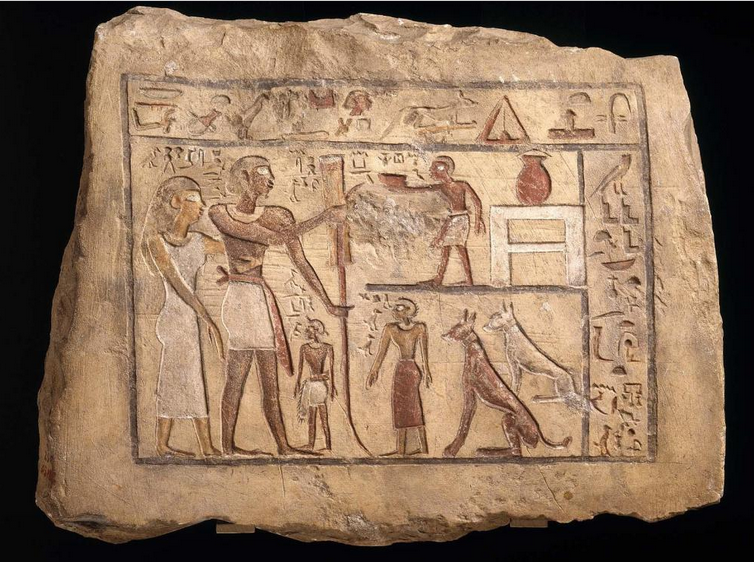The Archaeology Brown Bag Series provides an informal, interdisciplinary venue for presentations of work in progress; projects by faculty, graduate students, and visiting scholars; and discussion of developments in recent archaeological literature. These events are open to all those with an interest in archaeology both at UVA and in the greater Charlottesville community.
Want to volunteer a talk or discussion topic? Email Adria LaViolette
For the archive of past Brown Bag Workshops, click here



